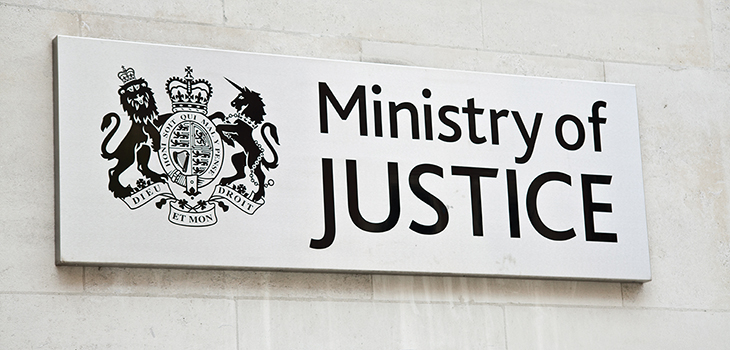
‘Dysfunctional’ was the word used by the High Court last month to describe the relationship between the miscarriage of justice watchdog and its sponsor department the Ministry of Justice (MoJ). This might not qualify as a revelation to long-time watchers of the chronically underfunded Criminal Cases Review Commission (CCRC); but the reasons for Lord Justice Fulford and Mrs Justice Whipple’s concern need to be understood.
The case in question concerned a prisoner called Gary Warner, sentenced to 16 years for his role in an armed robbery, and whose application had been turned down by the CCRC. He was represented by barrister Matt Stanbury of Garden Court North and solicitor Dean Kingham of Swain & Co, who last month won the Legal Aid Lawyer of the Year award in recognition of his ‘gritty, difficult and rarely popular’ work.
Gary Warner’s lawyers argued that the Birmingham-based group was not sufficiently free from government









